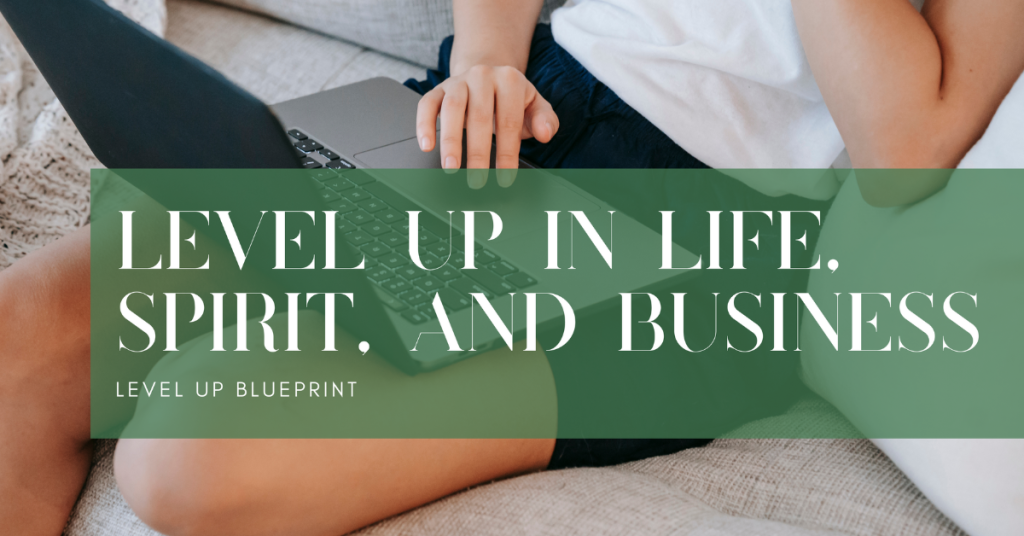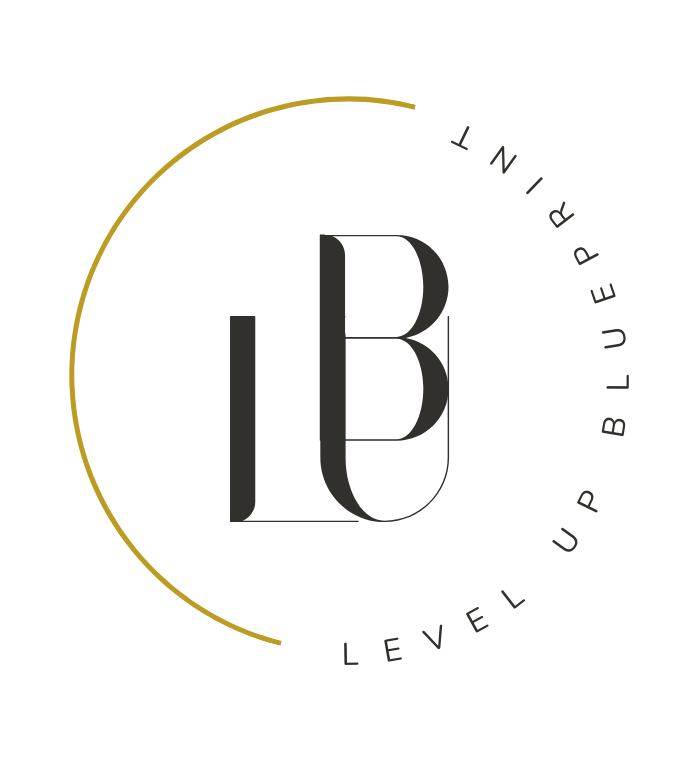
Dream Big. Plan Smart. Grow. Become.
Welcome to Level Up Blueprint Blog, where mindset shifts, manifestation, and personal growth meet real-world action.
Growth isn’t always easy. Some days, your mind is your biggest enemy, your feelings get in the way, and self-doubt creeps in. That’s okay. You don’t have to be perfect—you just have to keep going.
This is your space to learn, unlearn, and rebuild. To align your mind, take intentional action, and create the life you want—without bypassing the messy middle.
What You’ll Find Here:
✨ Manifestation That Works – No fluff, just practical techniques to align, act, and attract.
🧠 Rewiring Your Mind for Success – Neuroplasticity, self-concept shifts, and breaking free from old patterns.
📈 Building Your Business & Brand – Clarity, confidence, and strategy to bring your vision to life.
⏳ Productivity & Self-Discipline – Gentle structure to help you stay on track without burning out.
💡 No-BS Personal Growth – Strategies that help you actually do the work and change your life.
